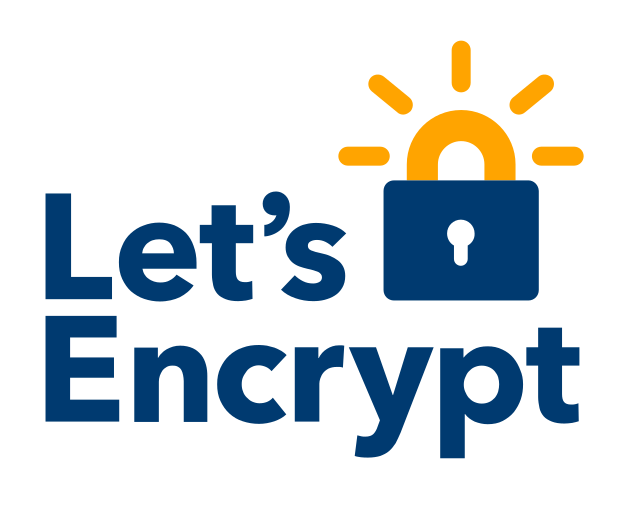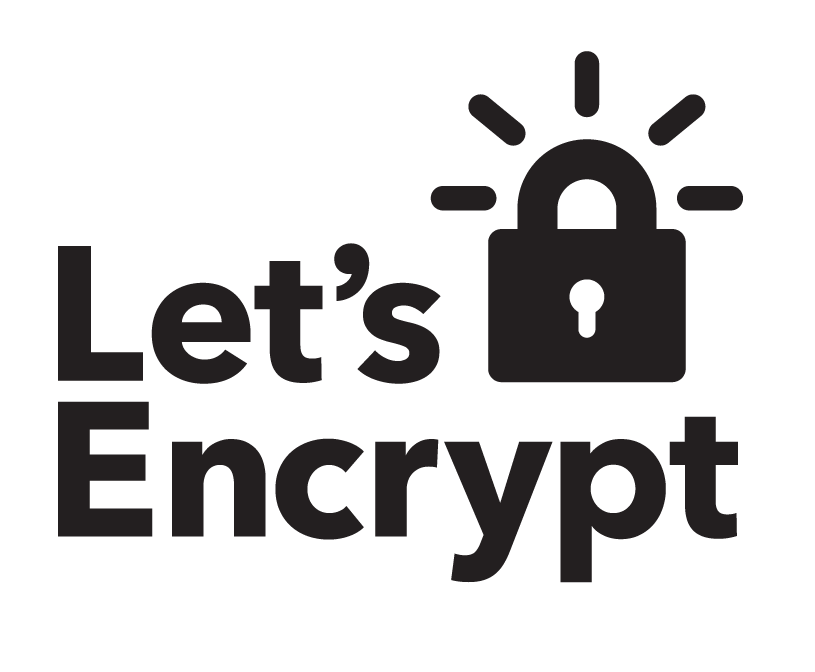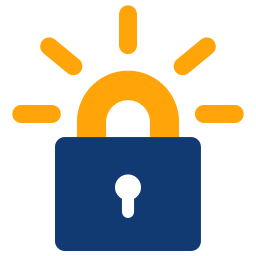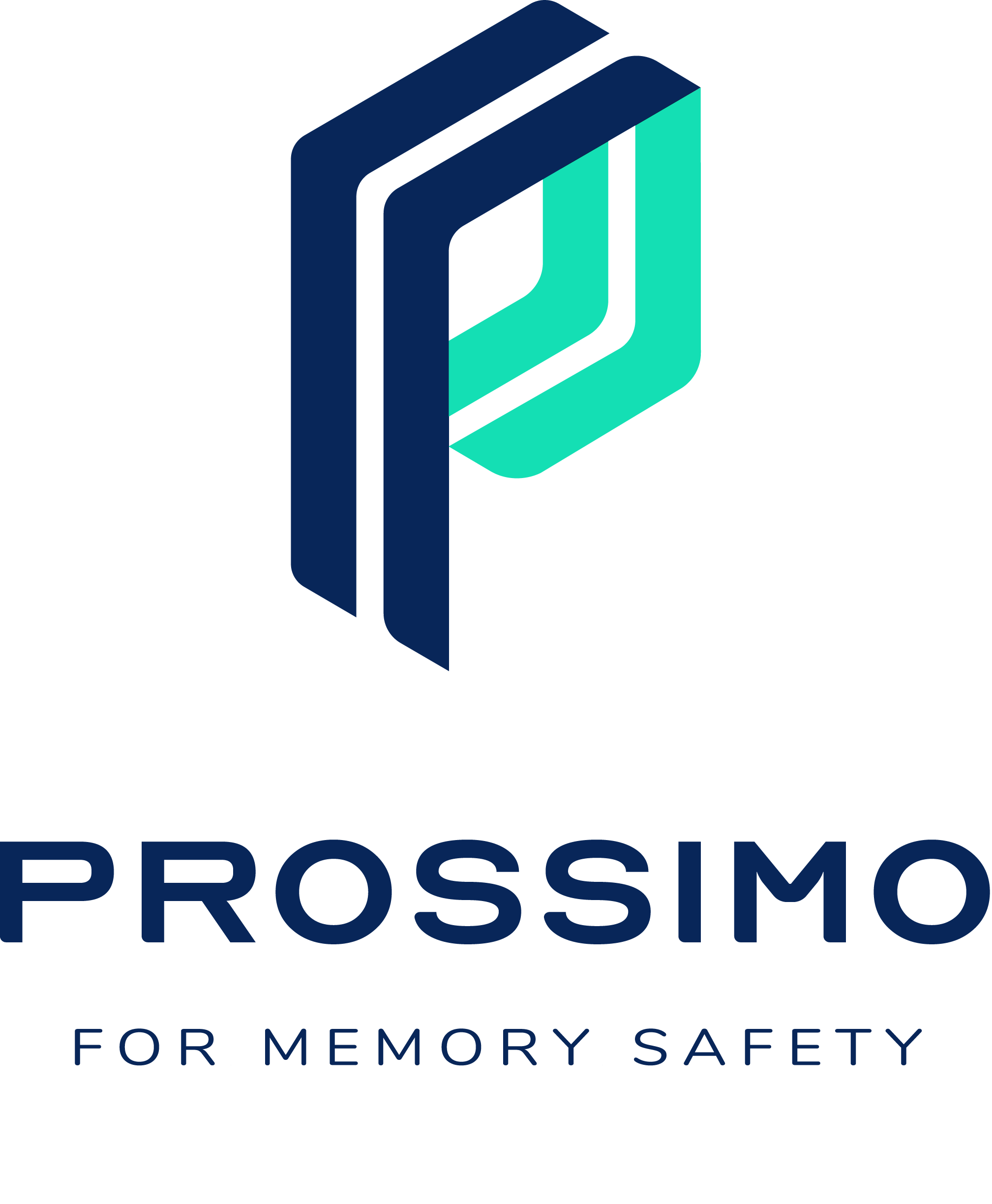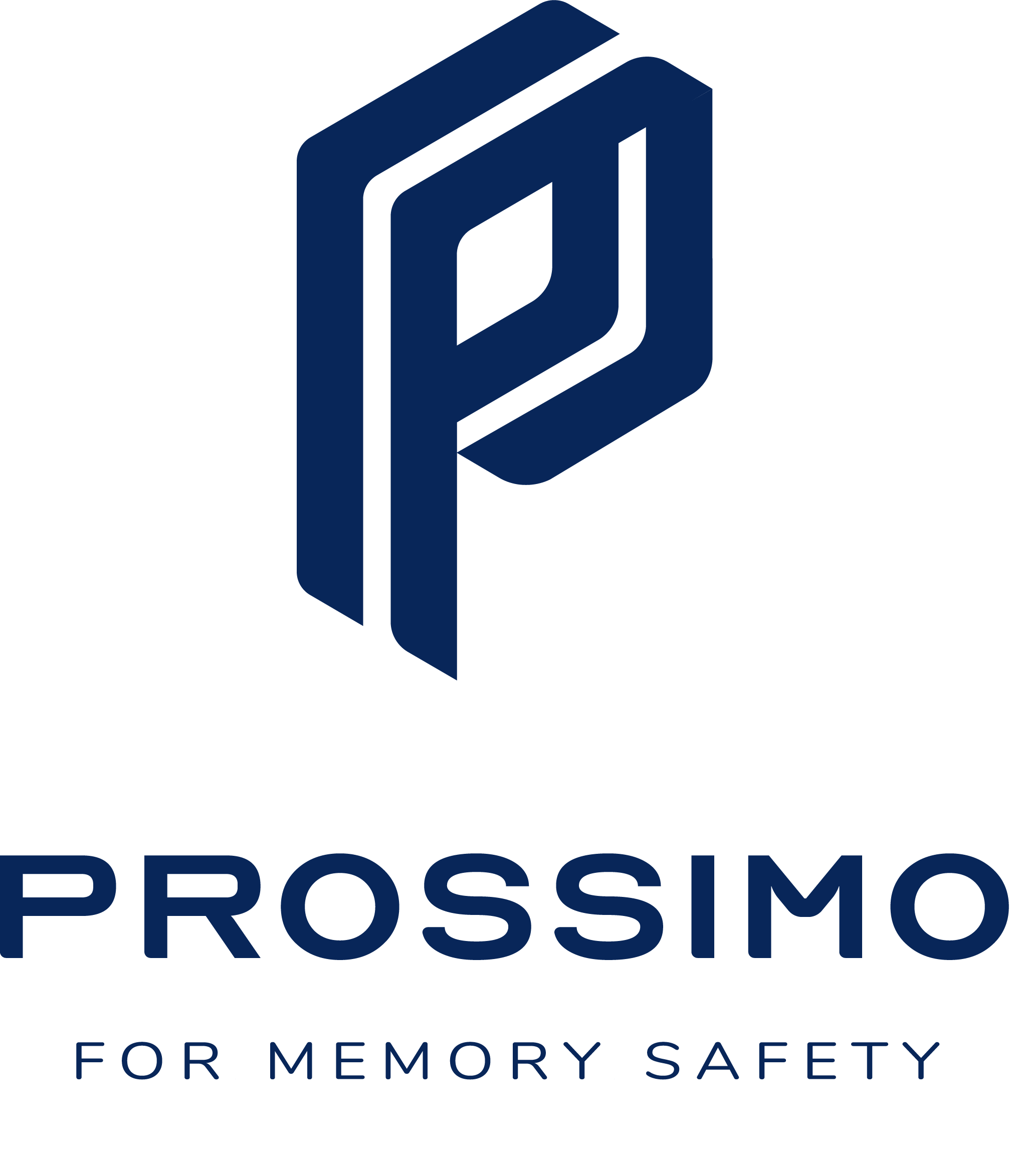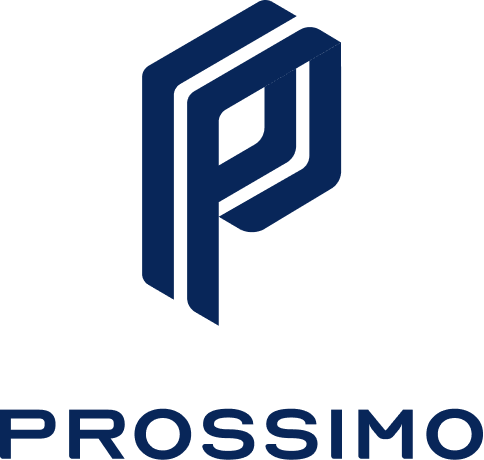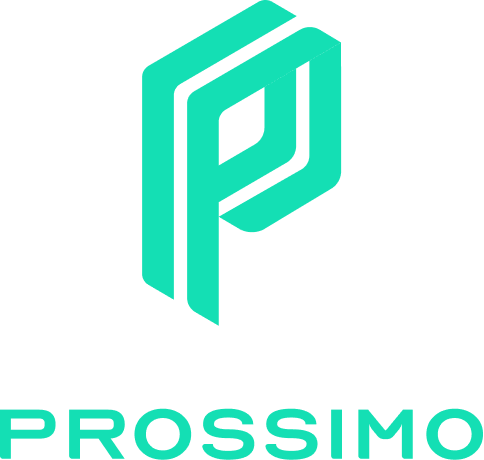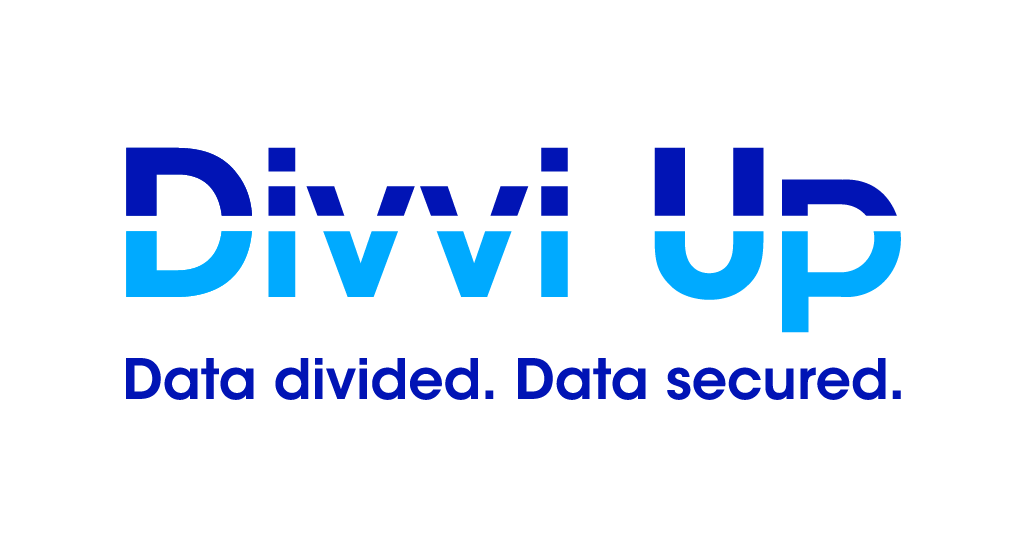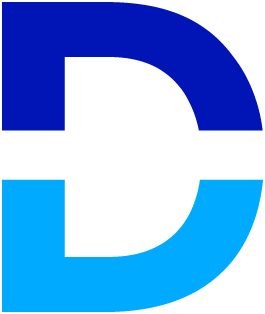Welcome to the Trademark Policy for Internet Security Research Group (“ISRG”) and its projects, Let’s Encrypt, Prossimo, and Divvi Up! This policy describes the conditions under which you may use our trademarks (collectively, the “ISRG Marks”). This policy applies to all uses permitted herein. In addition, this policy supplements and is in addition to the terms of any other permission we may have granted you regarding use of our trademarks.
If you wish to use any of the ISRG Marks in a manner that is not expressly permitted by this policy, or otherwise permitted by a trademark law exception such as fair use, please contact us directly at press@abetterinternet.org. We will be happy to consider your permission request. No matter how authorized, any goodwill generated by the use of the ISRG Marks shall inure solely to the benefit of ISRG.
Trademark Policy Intent
This Trademark Policy represents our attempt to strike a balance between two competing interests. On the one hand, we need to ensure that the ISRG Marks are and remain reliable indicators of the quality that you have come to expect from us. We highly value the trust that our users place in the ISRG goods and services, and we protect our trademark rights to help ensure those expectations can be met, both today and in the future. On the other hand, we want to ensure that our partners and the public have the freedom to use the ISRG Marks in ways that are reasonable.
Any use you may make of the ISRG Marks must not confuse consumers (or anyone at all, really), and the ISRG Marks must not be used in any manner that is false or misleading. So, for example, you may not use the ISRG Marks in connection with a software offering derived from ISRG software, or in a manner that falsely implies an endorsement or sponsorship by, or an affiliation with, ISRG if no such relationship exists. Unless otherwise permitted by law, you may not use the ISRG Marks in a manner that may diminish or otherwise damage the reputation of ISRG or the goodwill associated with the ISRG Marks.
What are the ISRG Trademarks?
The term “trademark” includes any word, name, symbol, or device, or any combination of those, that is used by a person or entity to identify and distinguish their goods and services from those offered by others, and to indicate the source or origin of those goods and services. So, for example, you can tell if your computer operating system originated in Redmond or in Cupertino by referencing the operating system’s trademark; and neither Microsoft nor Apple can adopt the brands of the other, because such use would typically cause confusion among consumers.
The ISRG Marks are any and all trademarks owned or used by ISRG, including but not limited to:
- our “Internet Security Research Group™”, “Let’s Encrypt™”, “Prossimo™”, and “Divvi Up™” word marks;
- our "ISRG™" word mark;
- our “ISRG”, “Let’s Encrypt”, “Prossimo”, and “Divvi Up” design marks;
This list may be updated as other trademarks are created or registered.
Requirements for Use of the ISRG Marks
The following general requirements apply to all uses of the ISRG Marks:
Use the Exact Mark. ISRG’s trademarks should be used in their exact, most up-to-date form. They should neither be abbreviated nor combined with other words.
- Acceptable: Internet Security Research Group
- Unacceptable: The Internet Security Research Group
- Unacceptable: InternetSecurity Research Group
- Unacceptable: Letsencrypt
- Unacceptable: Brand X ISRG
- Unacceptable: ISRG Brand X
Use it as a Mark. Trademarks, including the ISRG Marks, are adjectives, and when used should always be followed by the generic term they modify, such as “software,” “certificate,” or “product.” Never use a trademark as a noun, verb, or other part of speech.
- Acceptable: We use an ISRG service, it’s great.
- Unacceptable: Just use ISRG to fix the problem.
- Acceptable: I installed a Let’s Encrypt certificate on our website.
- Unacceptable: I installed Let’s Encrypt on our website.
Mark the Mark. The first or most prominent mention of an ISRG Mark should be accompanied by a “tm’”’ symbol (”™”), to indicate that it is a trademark; you may also use the “r in a circle” symbol (”®”), if the trademark in question is a registered trademark. If you aren’t sure, using the “tm” symbol (”™”) is fine. The first or most prominent mention of an ISRG Mark should also be set apart from surrounding text, either by capitalizing, italicizing, bolding, or underlining it.
Credit the Mark. The following notice text should appear somewhere nearby your first or most prominent mention of an ISRG Mark. If that’s not practical, you may include it on the credits page instead:
[mark] is a trademark of Internet Security Research Group. All rights reserved.
Additional Requirements and Permissions
In addition to the above, we have some additional requirements for particular use cases. The following apply to some of the most common situations in which you might want to use an ISRG Mark.
Certain Personal, Non-Commercial Uses
You may use the ISRG Marks to express your affinity for our products in a truthful, personal, and non-commercial manner – for example on t-shirts, stickers, cakes, and other things that you share with your friends. If you want to make a commercial use of these kinds of items (for example, selling cakes bearing our ISRG Marks, or giving away or selling t-shirts bearing our ISRG Marks online), you must obtain our written permission first. Whenever you make use of an ISRG Mark, please feel free to send us a sample (especially if it’s cake) - we would love to see what you’re doing!
Logo and Design Mark Use
If we’ve given you permission to use a graphic ISRG Mark, such as a logo or design mark, you must use it in the form in which it is made available below. You may not alter the color, font, proportions, or any other aspect of our logos and design marks. You must also set a logo or design mark off from the other content appearing in your use, and must not place it in such close proximity to other content that it is indistinguishable from that other content. Additionally, while we encourage your use of our logos and design marks subject to these terms, you may not make our logo or design mark the most prominent feature of your use, except in connection with those personal, non-commercial uses permitted in the preceding paragraph.
The files containing our design marks are licensed under the Creative Commons Attribution-NonCommercial 4.0 International License (CC BY-NC 4.0). They are also subject to this trademark policy. Files can be found at the bottom of this policy.
Trade Names, Trademarks, Domain Names, and Internet Account Names
You may not use the ISRG Marks in, or as a part of, any trade name, trademark, domain name, or internet account name. For example, the business name or trademark “ISRG Help Desk,” or the Twitter handle “@ISRGHelpDesk,” are not permitted, because consumers who see those uses are likely to assume that they are official ISRG services or accounts. By the same token, the domain name “ISRGHelpDesk.com,” or the Facebook group “ISRG Help Desk,” would also be likely to cause confusion. If you’d like to use the ISRG Marks in, or as a part of, any trade name, trademark, domain name, or internet account name, please contact us to discuss your planned use, and we’ll see if an accommodation can be made.
Derivative Software
Many of ISRG’s software offerings are provided on an open source basis, meaning that you can alter and modify the source code (e.g., our Let’s Encrypt project) to better suit your needs. However, software that you have modified is different from the software that originates from ISRG, and you may not brand it in a manner that might cause confusion as to its source or origin. For example, if you modify ISRG software, you may not distribute the modified software under the ISRG brand, or under any ISRG Mark.
Services Related to ISRG Software and Services
If you offer goods or services that are related to ISRG goods or services (e.g., you offer support services for users of the Let’s Encrypt software), you may use ISRG’s word marks (but not logos or design marks, unless otherwise authorized in writing) in truthfully describing and advertising your offering, so long as you don’t violate the requirements for use of ISRG Marks or do anything that might mislead customers into thinking either that your offering is an official ISRG offering or that ISRG has any direct relationship with your organization. For example, you may truthfully describe your services as, “Custom development for ISRG Service Deployment,” or “Unofficial support services for ISRG Service.” The same offerings would be unauthorized if styled as, “ISRG Service custom client development,” or “ISRG Service support services,” though, because those formations are likely to cause confusion as to who precisely is providing the services. In general, uses may be less likely to cause confusion if your brand (or a description of your offering) appears before and more prominently than the ISRG Mark in question. Use of the term “unofficial” is also a great way to tip off consumers that your high-quality offerings are different from our own. When in doubt, you should err on the side of providing more, rather than less, explanation and information, because additional information can help ensure that your offering does not confuse consumers.
If you offer software or services that are related to ISRG software or services, you may not imply – either by statement or omission – that downloading ISRG software or using ISRG services is tied to the download of your software, or to the purchase or use of your service. Use of ISRG software or services may not be connected in any way to the download of your software, or to the purchase or use of your service. You must provide a prominent statement that (i) the ISRG software or service is available for free, and link directly to our site; (ii) the purchase, download, or acquisition of your software or services is separate from the download of the ISRG software or use of the ISRG service; and (iii) your software or service is not affiliated with, or sponsored or endorsed by, ISRG.
Reporting Trademark Abuse
Please report any misuse of the ISRG Marks to press@abetterinternet.org, and provide us with as much information as you can about the use you think might be infringing. We’ll investigate the use, and take appropriate action, if warranted.
Questions
If you’d like to use the ISRG Marks in a way that’s not covered by this policy, or if you have any questions regarding this policy, you can feel free to contact us at press@abetterinternet.org.
Logo Files
ISRG Logos Let's Encrypt Logos Prossimo Logos Divvi Up Logos
ISRG Files
ISRG Standard
Our standard logo and text. Outside of a few exceptions, this is the default, go-to version.
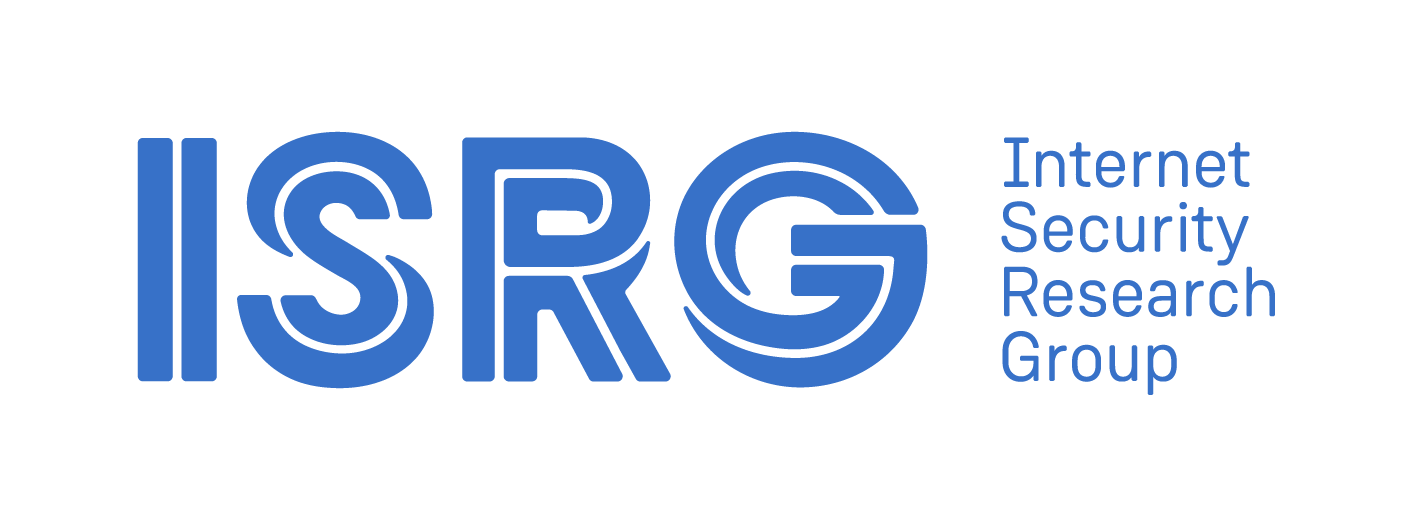
ISRG Initials Only
Our logo alone. Use this only when the "Internet Security Research Group" word mark is clearly visible or has been well established elsewhere on the page or in the design. (When in doubt, use a different format.)
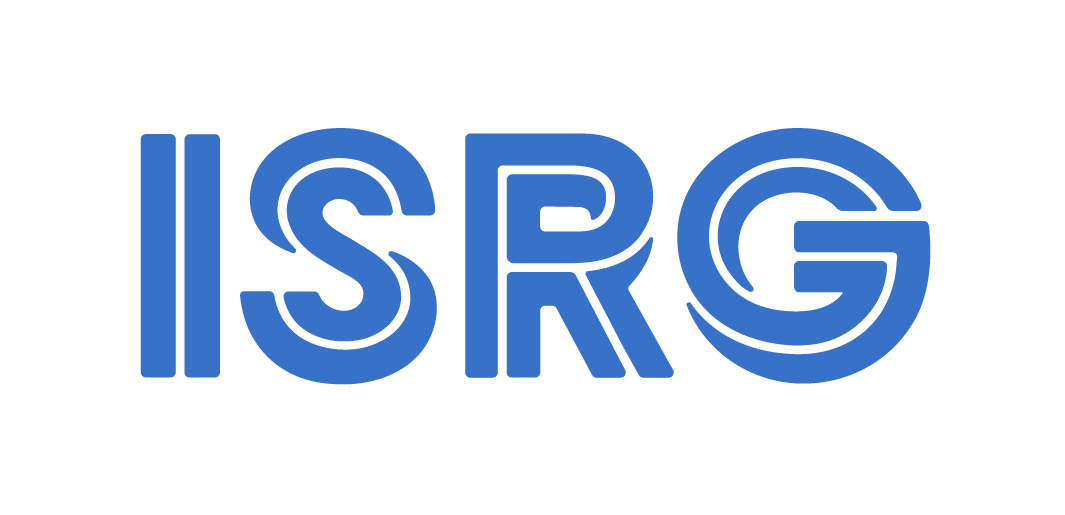
Let's Encrypt Files
Let's Encrypt Standard
Our standard logo and text. Outside of a few exceptions, this is the default, go-to version. The full-color logo will not work well on photography and various background colors. In those instances, the one-color version should be used.
Let's Encrypt Wide
The wide version of our logo and text. Use this in contexts where vertical space is limited.
Let's Encrypt Lock Only
Our logo alone. Use this only when the “Let’s Encrypt” word mark is clearly visible or has been well established elsewhere on the page or in the design. (When in doubt, use a different format.)
Prossimo Files
Prossimo Standard
Our standard logo and text. Outside of a few exceptions, this is the default, go-to version.
Prossimo Standard with Tag
A version of our logo that includes a descriptive tag. Use this in contexts where it may be helpful to establish Prossimo's mission.
Prossimo Stacked
A vertical version of our logo. Use this when horizontal space is limited. The full-color logo will not work well on photography and various background colors. In those instances, the one-color version should be used.
Prossimo P Only
Prossimo logo alone. Use this only when the “Prossimo” word mark is clearly visible or has been well established elsewhere on the page or in the design. (When in doubt, use a different format.)
Divvi Up Files
Divvi Up Standard
Our standard logo. Outside of a few exceptions, this is the default, go-to version.
Divvi Up Standard with Tag
A version of our logo that includes a descriptive tag. Use this in contexts where it may be helpful to establish Divvi Up's mission.
Divvi Up D Only
Divvi Up logo alone. Use this only when the “Divvi Up” word mark is clearly visible or has been well established elsewhere on the page or in the design. (When in doubt, use a different format.)
